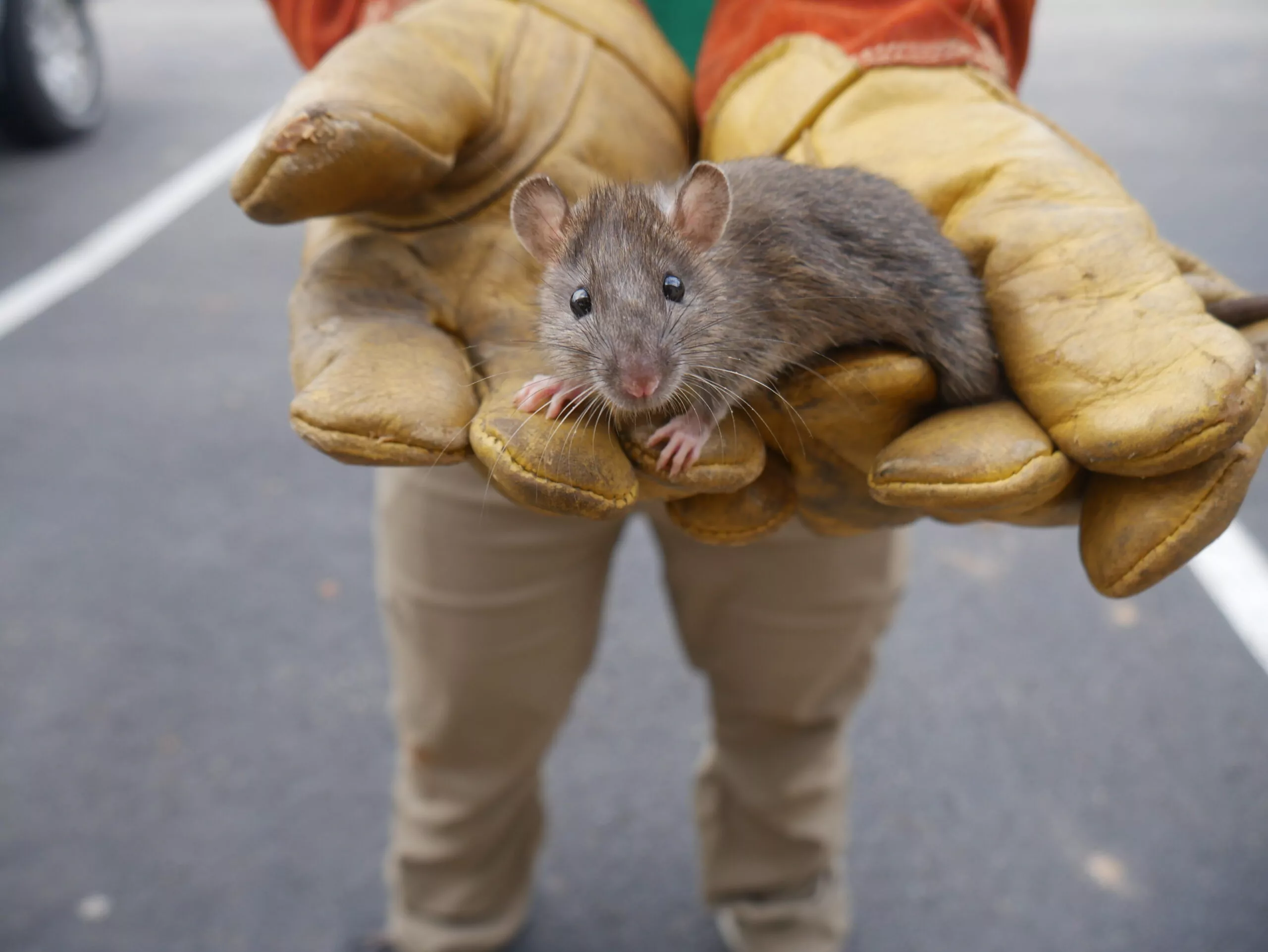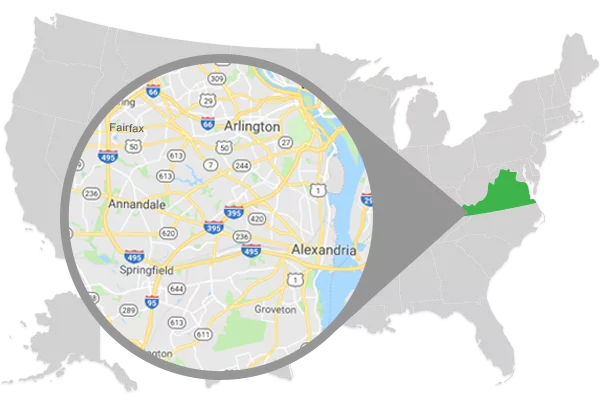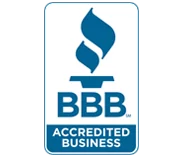
How to keep pests out in the winter
As the temperature continues to cool off in Northern Virginia as winter approaches, pests will find ways to enter your home to stay warm. Don’t let your home be refuge to these nuisances that are potentially dangerous and disease-spreading. People often think that some pests die off or go into hiding when the weather gets colder, but the pests actually might end up in their home.
What are some common pests in the present in Northern Virginia in the winter?
Some common pests that enter homes in the winter in Northern Virginia are mice, winged ants, spiders, cockroaches, centipedes, silverfish, fruit flies, stink bugs and bed bugs. These are just a few of the many pests in Fairfax, Arlington and other parts of Northern Virginia. These pests can cause problems for the health of your home and your family. If they are not properly taken care of, there can be problems associated with them.
What are some ways to prevent pests from entering the home?
Pests can get into even the smallest cracks and crevices in home, so it’s important to maintain your property. It is important to seal openings in the home that may make it easier for the pests to get in. It’s important to insulate exposed piping, check the roofs and gutters and inspect and exclude rodent access points. Some other things you can do are store firewood away from the home, keep storage areas well organized, eliminate water and sources of moisture, store food in airtight containers, keep trash enclosed, vacuum the home and store boxes off the floor.
What happens to certain pests in the winter in Northern VA?
Some pests will overwinter, which is how an organism spends their time to survive the winter. They will enter homes or other warm places that offer a food source and will better guarantee their survival. Pests will also enter into something called diapause. During diapause, pests will decrease their metabolic rate, their activity and reproduction. It is a delay in their development in response to environmental conditions. Diapause occurs in insects, over 130 mammals and is believed to even happen to people. Diapause can occur at any stage during an insect’s life. The three types of diapause are obligatory, facultative and reproductive diapause. Obligatory diapause is a period of time in the insect’s life cycle that is predetermined and has nothing to do with the environmental factors. Facultative diapause occurs when conditions are not allowing them to survive and they go into a suspended development. Reproductive diapause is when the reproductive functions of the insect are suspended for a certain period of time.
What problems can the pests cause in your home?
Pests can urinate and defecate in your home, which can cause health problems. Some insects are known for carrying harmful diseases that can infect animals and humans. For example, mice might have hantavirus and spread it in your home through their urine and feces. Pests such as carpenter ants can cause structural damage to your property and home. Stink bugs can emit smells and cause discomfort to your family and guests. Bed bugs will bite and leave red, itchy marks on the skin. Fruit flies, centipedes, spiders, winged ants and silverfish can all be nuisances and difficult to get rid of from your home. Rats and mice can chew on wires, ruin insulation, and wood beams. Rodents tend to like to nest in wood piles.
How to help with pest problems in winter
While there are many preventative measures you can take to help with pests, ultimately, if there are already pests on the property, it is best to just hire a pest control professional to evaluate and treat the situation. Because each pest is unique and requires different treatments, you might need more than one treatment for your home if you are harboring a variety of pests. Pest control professionals are skilled, knowledgeable and trained in all things pests and know how to identify the pests and appropriately treat them. In addition to having access to knowledge about pests and how to best get rid of them, pest control technicians also have access to professional grade pesticides and products that are much stronger than the ones available to the general public.
What is pest management?
Pest management is the process by which pests are controlled and kept out of your home. Pest management is a team effort between a pest control technician and the homeowners. If the homeowners are not keeping up with their home and maintaining its cleanliness, there won’t be much of a difference seen. If homeowners try to do pest control on their own or just think maintaining the cleanliness of their home will be enough to get pests to go away, they are mistaken. The collaboration between the pest control technician and the homeowners is what leads to success in controlling pests and managing the home.
Pest control vs extermination
When people think of pest control, they might confuse it with extermination. Pest control is different because the goals are different from extermination. The goal of pest control is to prevent pests from reoccurring with a maintenance plan. The goal is extermination is to get the pests under control in a short time, but maintenance and long-term control is not part of extermination. Pest control requires several visits to get the pest population down and then to keep them away. Exterminators will use harsh chemicals that are not safe for you or other members of your household such as pets. Pest control technicians however will use chemicals that are safe for the environment and members of your home and focus on the pests themselves.
Who to hire when you have pests in the house?
For pest control solutions in Northern Virginia, you should call Summit. We have close to 30 years in the pest control industry. We are a small family-owned company and we pride ourselves in successful completion of work and satisfied customers. For all your pest control needs, look no further. For more information about our processes or to schedule a free pest estimate, contact us today.












